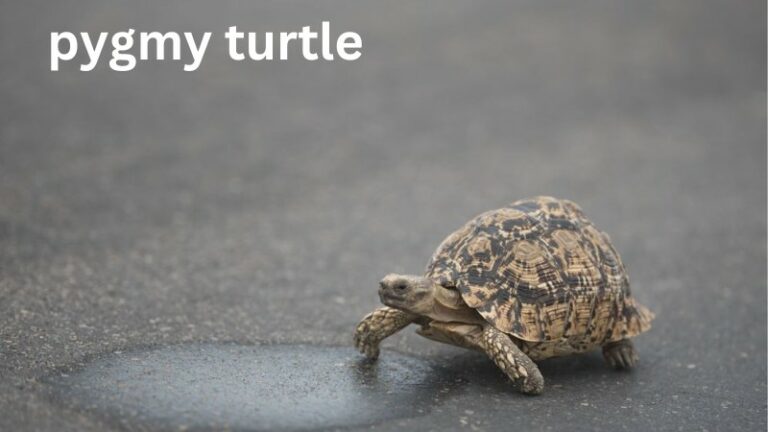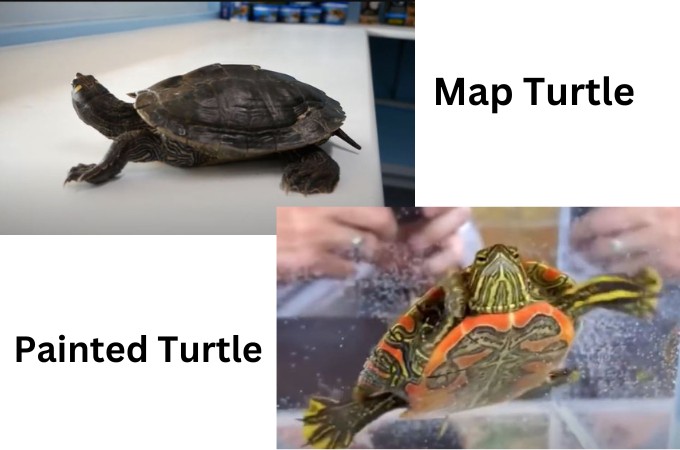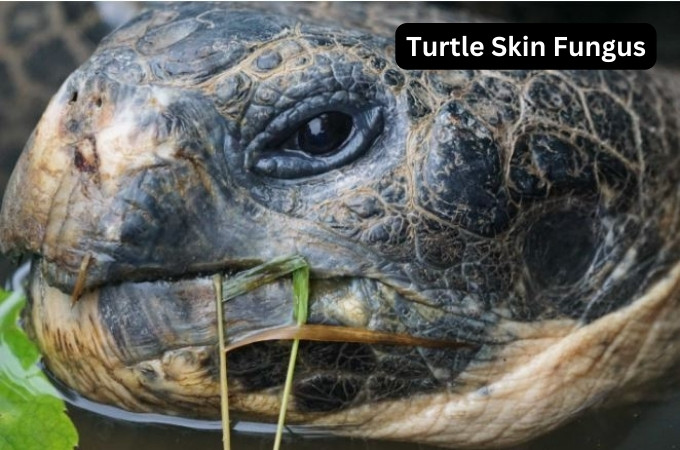Feeder Fish For Turtles: Are They Good?
Today we discuss Feeder Fish For Turtles. In the world of pet turtles, feeder fish are a common topic of debate. Some turtle owners swear by them as a nutritious and natural part of their turtle’s diet, while others caution against the potential risks they may pose. In this comprehensive guide, we will delve into the topic of feeder fish for turtles, exploring the benefits and drawbacks, best practices for feeding, and alternative options to ensure your turtle’s health and well-being.
Understanding Feeder Fish:
Feeder fish are small fish used as food for carnivorous pets like turtles. They are cheap and easy to find at pet stores, making them a convenient choice for turtle owners wanting to diversify their pets’ diet. Species of feeder fish include goldfish, minnows, guppies, and rosy reds.
Benefits of Feeder Fish:
Nutritional Value:
Feeder fish are rich in protein, vitamins, and minerals, making them a nutritious option for turtles. They can help supplement a turtle’s diet and provide essential nutrients that may be lacking in commercial turtle pellets.
Enrichment:
Feeding feeder fish to turtles can mimic their natural hunting behavior in the wild, providing mental stimulation and enrichment for your pet. Chasing and capturing live prey can help keep turtles active and engaged.
Variety:
Offering feeder fish as part of your turtle’s diet can add variety and excitement to mealtime. Turtles may enjoy the challenge of hunting down their prey, leading to a more engaging feeding experience.
Drawbacks of Feeder Fish:
Potential Health Risks:
Feeder fish purchased from pet stores may carry parasites or diseases that could be harmful to your turtle. It is essential to source feeder fish from reputable suppliers and quarantine them before feeding them to your pet to minimize the risk of contamination.
Nutritional Imbalance:
While feeder fish are nutritious, they should not be the sole component of your turtle’s diet. A diet consisting solely of feeder fish may lead to nutritional imbalances or deficiencies over time. It is essential to supplement feeder fish with other foods such as leafy greens, vegetables, and commercial turtle pellets.
Cost:
Feeder fish can be an affordable option for feeding your turtle, but the costs can add up over time, especially if you have multiple turtles or larger species that require frequent feedings. Consider the long-term expenses when incorporating feeder fish into your turtle’s diet.
Best Practices for Feeding Feeder Fish:
Source Quality Fish:
Choose feeder fish from reputable suppliers to ensure they are healthy and free from contaminants. Avoid purchasing feeder fish from bait shops or uncertified sources, as the quality may be questionable.
Quarantine:
Before feeding feeder fish to your turtle, quarantine them in a separate tank for a few days to monitor their health. Look for signs of illness or abnormal behavior before introducing them to your pet’s habitat.
Moderation:
Feeder fish should be fed to turtles in moderation as part of a balanced diet. Aim to offer feeder fish as an occasional treat rather than a staple food source to prevent nutritional imbalances.
Alternative Feeding Options:
Commercial Turtle Pellets:
High-quality commercial turtle pellets formulated specifically for your pet’s species can provide a balanced and convenient feeding option. Look for pellets that contain essential nutrients and vitamins to support your turtle’s health.
Fresh Vegetables:
Leafy greens, vegetables, and fruits can be excellent additions to your turtle’s diet. Offer a variety of fresh produce such as kale, spinach, carrots, and berries to ensure a well-rounded nutritional intake.
Insects and Worms:
Live insects such as crickets, mealworms, and earthworms can be a natural and protein-rich alternative to feeder fish. These options can provide enrichment and mimic hunting behavior for your turtle.
Conclusion:
Feeder fish can be a beneficial addition to your turtle’s diet when sourced and fed responsibly. By understanding the benefits and drawbacks of feeder fish, implementing best feeding practices, and exploring alternative options, you can provide your pet turtle with a varied and nutritious diet that supports their health and well-being. Remember to consult with a veterinarian or reptile specialist for personalized feeding recommendations based on your turtle’s species and individual needs.


